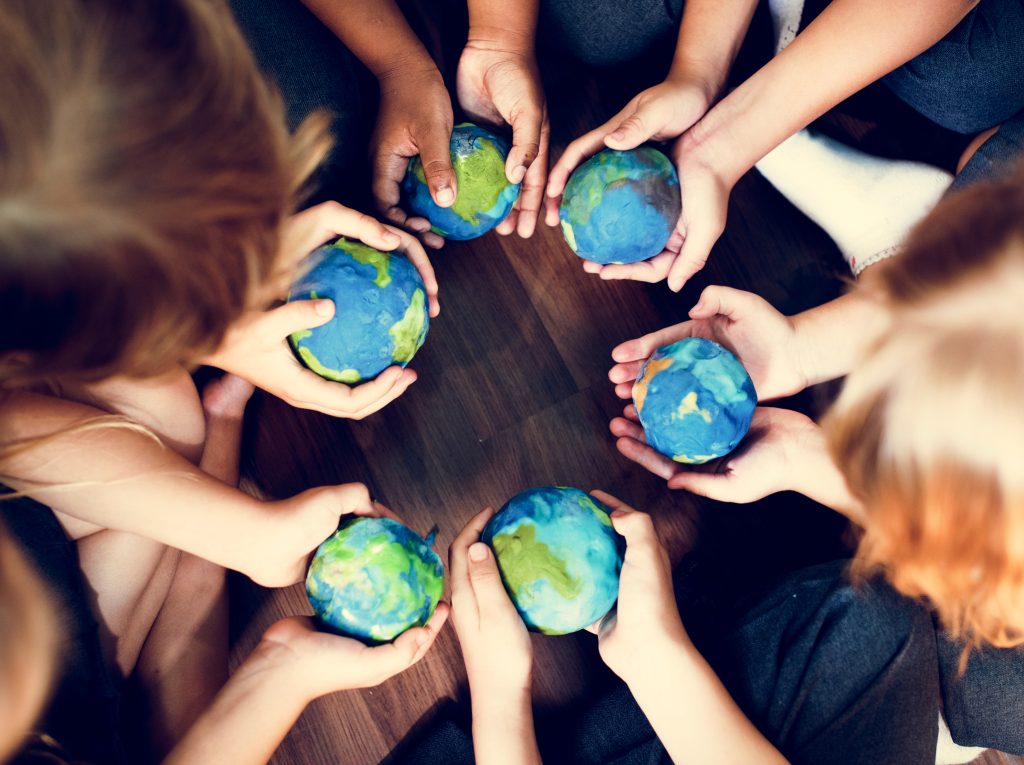Repairing our broken relationship with the planet means radically rethinking how we understand the process of education and formation, argues Timothy D. Ireland

Grand international conferences such as CONFINTEA provide an opportunity for the international community to weigh up what has and has not been achieved in the previous decade or more and, on that basis, to agree to new signposts and guidelines for the coming years. CONFINTEA VII will perhaps go down in history as the conference which took place at one of the most delicate and critical moments in recent history, since the beginning of the series in 1949. While the sanitary crisis caused by COVID-19 has gained more space in the press, the unravelling crisis which refuses to go away is that of climate change and global warming. At times like this, education is generally indicated as part of the solution. In 2022, there is a feeling that education is no longer part of the solution but a major part of the problem: more of the same will only deepen the crisis and aggravate our problems.
Over the last decades, we have seen what Paul Stanistreet calls the ‘depoliticization of education and the grim instrumentalism of neoliberal conceptions of its purpose and value’, in which the focus of education has no longer been that of preparing people for life but only for the world of work. In a similar vein, José Mujica, the former president of Uruguay, describes the process as that of transforming people into consumers and not into citizens, despite the ongoing discussion on global citizenship. The crux of the question is the relationship between the human and natural worlds, or between humanity and other forms of life. For the Brazilian Indigenous leader and philosopher Ailton Krenak, ‘Everything is nature. The cosmos is nature. Everything that I can think of is nature’. The world into which Indigenous people have resisted being incorporated is a world which has converted nature into ‘resources’ to be exploited in such a way that the market becomes ‘everything that is outside/beyond us’. Krenak returns to one of the concepts to which we have delegated the power of attempting to reduce human aggressions on the planet – sustainable development – which he describes as ‘a myth invented by the major corporations to justify the assault which they penetrate on our idea of nature’. The COVID-19 pandemic is not an externality but an organism of the planet, a virus, which has launched an attack on ‘the form of unsustainable life which we have adopted by our free choice’: a living example perhaps of what the English poet Tennyson called ‘Nature, red in tooth and claw’. We have developed a style of life which has become divorced from the living organism – Earth – characterized by its attempts to suppress diversity and to deny the plurality of forms of life, existence and habits.
If we recognize the cultural multiplicity of the world in which we live, with its exuberant human and bioecological diversity, with its diverse cosmologies, religions, visions of the world, belief systems and ethics, we also have to admit that we face not a universe but a pluriverse and, consequently, the replies that we, in the field of education, give to those demands cannot be unique but need to reflect our inherent diversity. To rethink our common destiny and our planetary relations implies radically rethinking how we understand the process of education and formation. This rethinking needs to include/admit/welcome the existence of other epistemologies, besides the dominant western Eurocentric liberal epistemologies.
From the Latin American perspective two closely related concepts – popular education and good living (buen vivir) – offer possible ways forward. Popular education constitutes a paradigm with the potential to offer new parameters for the international debate especially when, from the inter/multicultural and pluriversal point of view, it makes possible a dialogue with other alternative paradigms or southern epistemologies equally ignored or inferiorized by the dominant powers in the West. The search for new paradigms of education represents part of the progressive disenchantment with the current western models of development and education. The concept of good living, on the other hand, represents an alternative to the current concepts of development. The fundamental understanding of the harmony which should exist in the way in which humans relate to the natural world, contains profound repercussions for learning and education. The way in which knowledge was and is produced, takes as its premise this relationship between humanity and nature, which represent two parts of the same unity.
In many parts of the world, the ALE agenda is characterized as being an instrument which seeks to reduce and correct negative indexes: to reduce poverty, ‘eradicate’ illiteracy, reduce inequality (between rich and poor, whites and blacks, Indigenous and non-Indigenous people, men and women, countryside and city), to correct school flow, to elevate low rates of schooling, to diminish iniquity by increasing social inclusion. This appears to reinforce the pronounced risk of the process of dehumanization, and not to achieve or develop the human potential to be more.
For humans, the focus of life is essentially learning – learning to live, learning to care and learning to survive. Development, in all its deformities, constitutes a process of human learning which comprehends a fundamental human social need. Life is learning and learning is life. In this sense, the guarantee of well-being or good living, which is the foundation of life, needs to be part of the continuous process of learning. This same learning is social because we are social animals living in community. When formalizing and structuring learning in processes of education, this education becomes reductive instead of being expansive, diversified, emancipatory and heterogeneous.
To learn is to breathe life. To conceive education as a process threatened by diversity is to demonstrate a lack of humanity and intelligence. In Marrakech, we need to breathe life back into ALE again.
Timothy D. Ireland, Federal University of Paraíba, João Pessoa, Brazil
